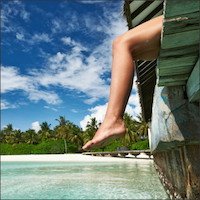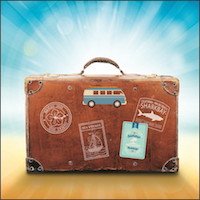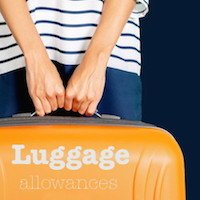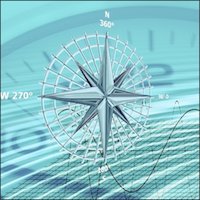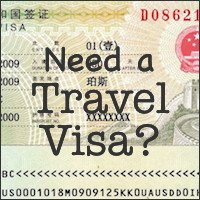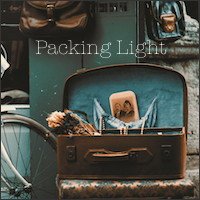Overseas Travel Tips
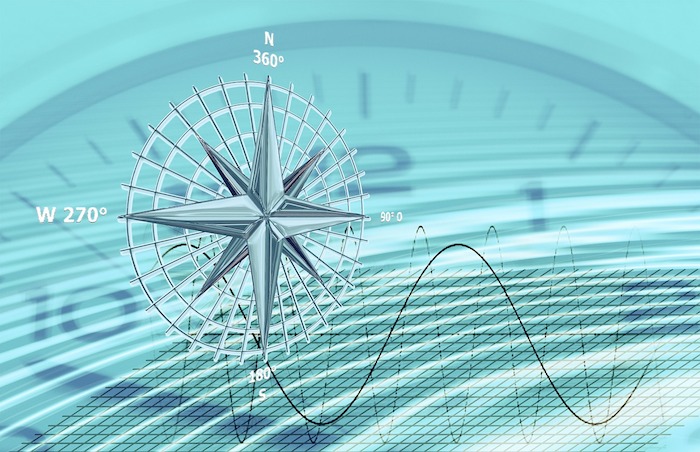
Change Countries Like a Pro
One of the biggest things you'll discover when you cross the big pond, whether it's the Atlantic or the Pacific is that more than the accent of the locals changes.
Different countries have various regulations as to length of stay, visa requirements, onward travel expectations and items allowed to enter the country. And they change according to the passport you're carrying.
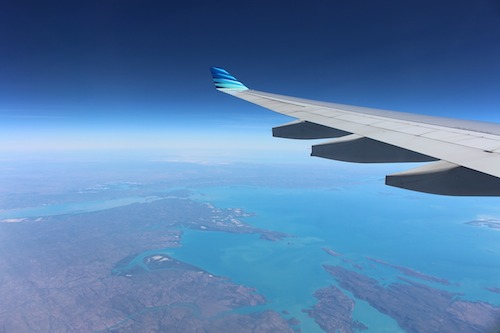
Then there's the change in currency, food, language, customs, electrical outlets, modes of transportation, attire and attitude.
It's different for sure, that's what makes travel so intriguing.
Here are some overseas travel tips for a smooth transition as you move from one longitude to the next.
Documents & Money
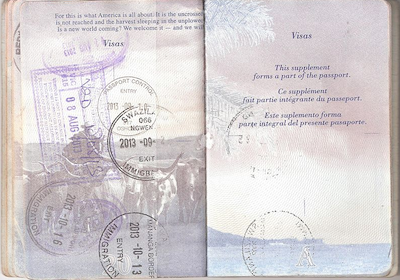
- Passport - Make sure there's plenty of room left on your passport. Some countries will deny you entry if there are fewer than 6 months left before expiration at the end of your stay. Scan the photo page of your passport and e-mail it to yourself.
- Visas - Apply for student, work and tourist visas from your home country if possible. Every country differs, some have very lenient requirements and others are near impossible to visit ... no matter where your passport is from. Check at the right to see if you need a travel Visa for any of your destinations.
- Cash - We pay for most daily purchases with cash in the local currency, the deli, bakery, corner store, coffee shop, bus, taxi and pub are all cash purchases and hotels, fuel, restaurants and tickets for events are paid for with credit or debit cards.
- When to get Cash - It's a good idea to have some cash in the local currency when you arrive. Your bank can exchange some money for you (some banks need a few days notice) so that you have it handy and if your departing airport has an ATM that dispenses different currencies it's a good way to spend some of your waiting time before you board. Otherwise you can get cash at your destination airport or have your cab take you to a bank that has an ATM, not a gas station or corner store but a bank.
- Credit Cards - You'll get the best exchange rate with credit cards, you're more likely to get your money back if things go awry and you can keep track of your spending... On the other hand it's only a good deal if you pay the balance off every month. Just make sure you let the credit card company know that you'll be traveling and to which countries so that they don't think there's suspicious activity and decline transactions. Also choose a card that doesn't charge exorbitant fees for international transactions.
- Debit Cards - We have two from 2 different accounts. One we don't use and rarely carry and most of our money is in this account. The other one is our cash account and is used at ATM's and point-of-purchase but a minimal amount of money is in the account at any given time. We transfer funds online from the one account to another as the need arises. This has 2 benefits. If the card we use becomes compromised it won't have much money in the account (we would then have to use the other card) and we'll catch it before much damage can be done. The other is that it makes it difficult to make large purchases on impulse. The few hoops we have to jump through give us time to think and discuss before we make the leap.
- Customs Form - You will be provided with a form (most likely during the flight) that you must fill out truthfully. It will ask questions about what you're bringing into the country. The things that trigger their attention are weapons, drugs, large amounts of money (generally over $10,000 dollars in cash), seeds, plants and exotic animals. The introduction of seeds and animal species to a climate that doesn't have the deterrents and predators in place that would naturally limit propagation in their home habitat, can devastate a country.
- Hotel Business Card - Pick up a card at the front desk or take a photo of it with your smart phone. The name, address and phone number of the hotel will be displayed on the card which you can show to a taxi driver in case there's a language barrier or you don't remember.
Overseas Travel Tips for Packing
Vacation Packing List
- Passport / ID
- Medications
- Credit / debit cards / cash
- Pen - You'll need it for forms
- Ear buds
- Neck pillow
- Camera
- Electrical adapter with USB ports
- Language App
- Comfortable shoes
- Waterproof jacket
- Secure body wallet
- Swimsuit for pools and shorelines
The amount of stuff you can bring with you, whether by weight or dimensions, varies on pretty much every airline. Allowable contents and screening routines are also subject to change with little notice.
Your best bet is to determine which of the airlines you'll be using has the most restrictive dimension and weight qualifications and use those measurements when choosing your luggage.
Lightweight, non-bulky bags are the way to go. Still, they need to be durable enough to keep your stuff together and protected. There is no point in having the luggage itself using up a third of your weight allowance so avoid heavy decorative aspects that do nothing to improve function.
Packing cubes save a lot of frustration and make it easy to pack and unpack as well as a snap to lay your hands on what you need.
Overseas Travel Tips for Staying Charged Up
It seems that every time you change countries the electrical outlets require a different configuration. That makes an adapter necessary in order to be able to plug in your devices and recharge them.
If you will only be traveling to one destination you can buy an adapter for just that area. We recommend a Universal type that can be used in a number of countries.
Remember that the number of outlets on your adapter will be the total number of outlets you'll have at any given time. Hotels are notorious for not having enough outlets for personal devices in any case so now's the time to decide how many outlets you'll need.
Check this page to see the Luggage Restrictions for your airlines.
Carry on rules differ for each carrier as well and to make sure you get the most up to date information have a look at what the carry on allowances are on your airline.
Language

If you want a more authentic experience, learning some of the language - even just the niceties like "Hello", "Thank you" and "Please" will open more doors and hearts than if you make no effort at all.
Knowing your numbers is really helpful too. One of the nice things about numbers in foreign languages is that the symbols for every numeral are the same, no matter what language you're dealing with. Writing them down or carrying a small calculator allows you to show numbers rather than saying them and so avoid confusion about prices.
Download a language App before you go and maybe take a class to practice the basics with some like-minded people.

